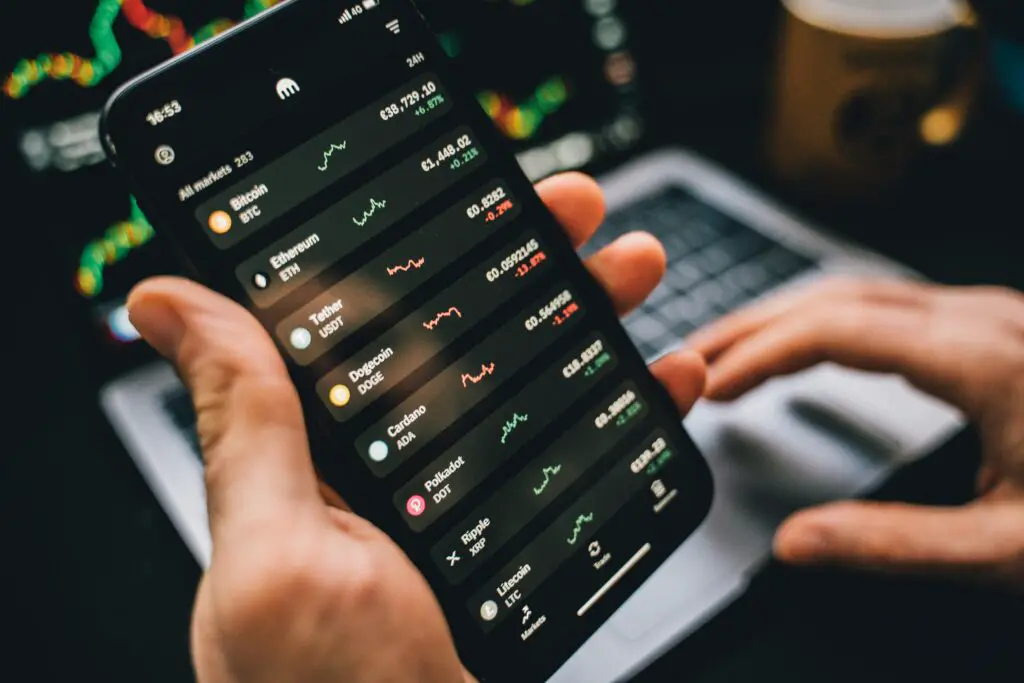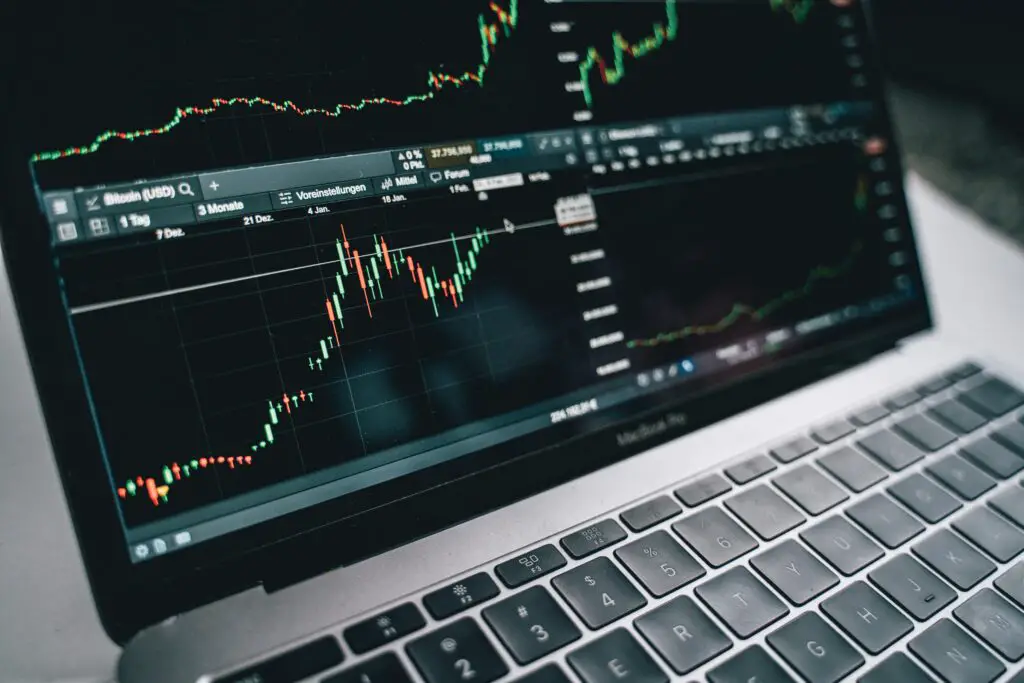Learning the basics of trading psychology is the first step.
Investing in stocks, foreign exchange, or cryptocurrency requires more than looking at charts and drawing conclusions from data. The complex interactions between psychological variables, cognitive biases, and human feelings can significantly affect trading results. We look at trade psychology and how getting good at the mind game can help you trade better. Trade psychology studies how emotions and mental states affect trading choices. It is the key to making money in trading. This piece delves into the complicated parts of trading psychology and how it impacts traders’ performance, decision-making, and the overall market. As we look into different psychological issues, behavioral biases, and effective methods, we aim to give traders the critical information they need to manage unstable financial markets effectively and with resilience.

Trading’s Emotional Rollercoaster: How to Handle Fear and Greed
Fear and greed are two basic feelings traders often let control their actions, leading to bad decisions and outcomes that are not ideal. Traders afraid of losing may only make deals or close their positions after the due date. On the other hand, Pride without limits can cause traders to overreact, chase after unreal profits, and avoid smart risk management rules. While dealing with this, you need to recognize and control these feelings.
Cognitive Biases: Trading Mistakes You Might Not Be Aware Of
Because people have many biases that can affect how they think and reason, traders may make mistakes in how they see and judge things, affecting their trades. For instance, confirmation bias makes dealers ignore facts that go against what they already believe in favors of information that backs up what they already think. This can cloud their judgment and stop them from doing objective analysis. On the other hand, anchoring bias can change how traders see the market by making them focus on unimportant reference points, like random price levels or past success. Traders can lessen the harmful effects of these biases and make better decisions by being aware of them and using thinking techniques to eliminate them.
How discipline and patience can help you do well in trading
For long-term business success, you must be patient and follow your plans. Organized traders can stick to their trading plans, use risk management strategies that have already been proven to work and stay calm when the market is volatile. Impulsive trading can be caused by emotional whims or the need for quick gratification, which can cause the loss of money and hurt confidence. Disciplined dealing has many benefits, such as consistency and handling lousy market conditions. However, it requires self-awareness, mental toughness, and a desire to improve oneself.
Risk management: keeping money safe in uncertain times
Innovative trade strategies are based on managing risks well, which keeps you from losing a lot of money and saves it for possible future returns. Stop loss orders diversification in portfolios and position sizing are all essential parts of a robust risk management system that help traders limit their downside exposure and protect themselves against lousy market moves. Adopting a cautious risk management approach could mean giving up short-term profits in exchange for long-term stability. Even so, it is a wise investment for long-term dealing and keeping your money safe.
What Market Volatility Does to Human Minds

When asset prices change quickly, and there is a lot of confusion, this is called market volatility. It significantly affects traders’ minds, making them feel more vital and testing how tough they are. When volatility is high, fear and anxiety can get worse, which can make people make hasty choices and lose more money. However, when things are calm, traders may become lazy and act in ways that aren’t safe because they think they are safe. Market volatility can be hard on traders’ minds, so they need to change, be emotionally intense, and keep a balanced view. This way, they can take advantage of the opportunities while lowering the risks.
Getting Past Mental Blocks: Developing Mental Toughness
In the harsh world of trading, mental toughness is essential for getting past psychological problems and achieving. Mentally challenging traders are strong when things go wrong, able to get back on track after a setback and concentrate even when other things want their attention. Mindfulness meditation visualization and cognitive reframing are mental toughness exercises traders can do to make wise choices when needed. Developing psychological resilience is a process that lasts a long time and requires dedication and hard work. Yet, it is a life-changing event that makes traders better by letting them face problems head-on.
Using your emotional intelligence to your advantage: the key to trading success
A big part of trading success is feelings. Emotionally clever traders know themselves, understand other people and are good at navigating the complexities of relationships. This makes it easier for them to work with others and adapt to changing market conditions. Emotional intelligence includes self-awareness, controlling feelings, and improving social skills. These are all beneficial skills in the fast-paced, often volatile world of financial markets. If traders work on their emotional intelligence, they can learn more about their and others’ psychological tendencies. This can help customers make good decisions and build strong relationships with others in the trade community.
Being mindful and self-aware
Self-awareness Training and mindfulness techniques can improve trading psychology. Self-awareness means being aware of one’s own biases and emotional triggers. This allows traders to respond to market events more carefully and objectively.
How to Develop a Winning Attitude
A winning attitude is needed to be successful in trading. This way of thinking includes being sure of your abilities, having self-control, and being willing to learn from successes and failures. To handle every part of dealing with style and grace, you also need to be tough and able to adapt to changes in the market.
The History of How Trading Psychology Has Changed Over Time
To sum up, trading psychology is a broad area that studies how traders’ emotions, cognitive biases, and behavior patterns can significantly affect their performance and how the market works. Traders can learn much about their thinking by digging into the complicated world of trade psychology. This will give them the guts, resilience, and emotional intelligence to deal with the problems in the financial markets. By practicing complex understanding of themselves and always learning, traders can evolve to master the mental game of trading psychology, reach their full potential, and be successful in the fast-paced world of finance over the long run.
